Narhar Kurundkar, who lived a life only 50 years from 1932 to 1982, was one of the greatest intellectuals in Maharashtra. Two decades of his public life and four decades after his death, he has been treated as the hallmark of Maharashtra's intellectual life. Much has been written about him as a writer and an intellectual. However, his daughter Prof. Tejaswini Deo has recently written an amazing long article that tells how he was as a 'human being'. Kurundkar's 40th death anniversary is on 10 February 2022. Considering the importance of the subject and the relationship between Kurundkar and Sadhana, we are publishing original English article on Kartavya and its Marathi translation (by Vishwas Kurundkar) in Sadhana Weekly (29 January 2022).
Our home used to be the happiest and most content place when he was around. If he was not reading or writing, our house used to be at its lively best, either full of laughter and witty conversations with his adoring students, sometimes budding writers, sometimes established ones, fellow colleagues, historians, people with diverse interests thronged our house. He loved to talk, share ideas, convince people with his point of view, share his experiences during various travels in Maharashtra and the people used to be just glued to our drawing room, refusing to leave. As the youngest child I was sometimes given the task of deliberately lingering in the drawing room, yawning and dropping a hint to people that it’s getting late in the night and they should move on which they reluctantly did. Our lives revolved around him. Though I was quite a young then, I have vivid memories of those days because I used to occupy a little corner beside my father in the evenings and keenly listen to the discussions going on. I feel, because we as family or I as the youngest daughter usually got very little time to spend with him and maybe that was my way marking my presence in his life. Some conversation, a joke sometimes, even an affectionately called nickname (he used to call me chambu) while asking me to get some water or run such errand for him used to make me happy. Also, I was a precocious child and it definitely felt great when our guests or his students praised my interest in reading or say that one day, I would definitely make him proud etc. As a child I felt super comfortable that I can ask my father anything on history, science, politics, literature … from Darwin, evolution to Russian revolution, Marx, Lenin, Lokmanya Tilak, Shivaji, B Raghunath, Keshavsut to Ranjeet Desai, or V S Khandekar and could get authentic, extensive information. It did give me an edge in school debates, essay writing and such activities, and I realized later that it might have made other students feel jealous. But those days I simply enjoyed that. I was working hard, preparing, practicing, studying dedicatedly and felt I earned the rewards quite legitimately.
I would not presume to write about his contribution to literature or the huge inspirational role he played for the students, activists and literary enthusiasts in our Marathwada region. Others have already elaborated on that aspect quite extensively. I am writing this because many times there is a perception that famous people often get famous by ignoring or neglecting their immediate family members. They are never there when the family needs them. That was certainly not the case, though he was already quite busy as the Principal of Peoples College and as a prominent literary figure, as member of various governing bodies etc when I was in primary/ middle school, he did find time for my queries and doubts and saw it as I always felt he was happy to help me out never brushed these things aside as small or insignificant matter. We never felt neglected. Yes, it was not every day that we as family sat together, ate together etc. Our children had fathers who watched TV with them or played cricket and other games or went for picnics on weekends (honestly, we didn’t see most of our friends’ parents doing that back then either, so we didn’t miss that), we had a large circle of friends of our own age so parents didn’t need to jump in that role. My mother definitely was the bridge and she ensured that he was kept in loop for every small or big matter concerning us. He was always aware and completely involved in our lives, though he travelled extensively, he regularly (once or twice a week) wrote to us, insisted that we children also wrote letters to him and he missed us if we didn’t. In those days of no telephone, no internet, slow travel by train and ST buses, those letters were quite an important part of our lives.
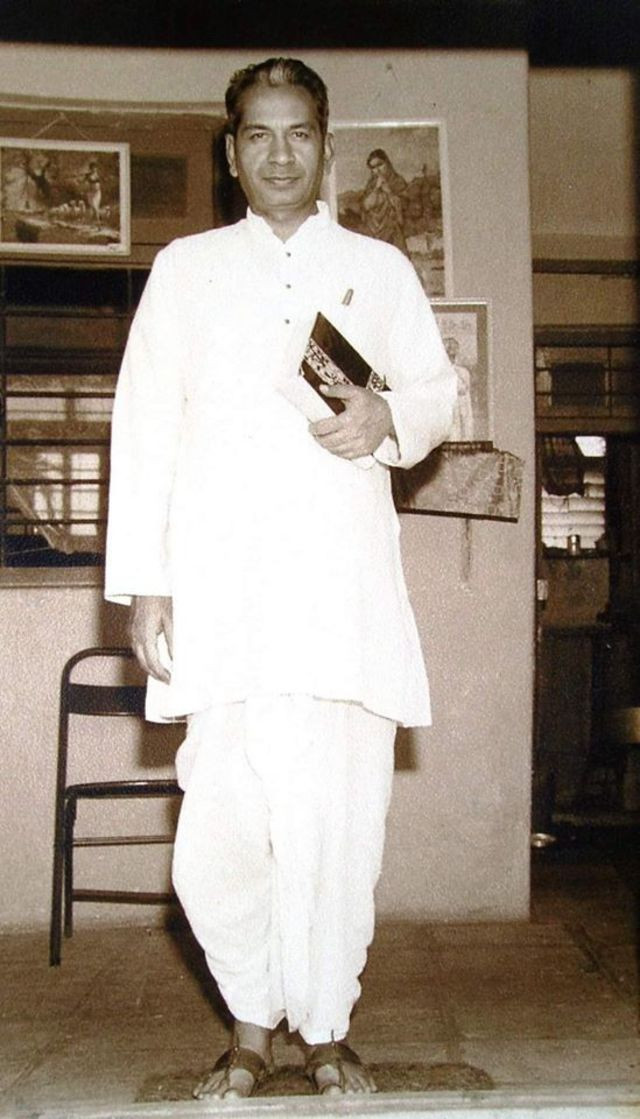 So, life was great, my elder sisters were getting adjusted to their new homes, my brother in class 12 and I in 9th on the threshold of adolescence and he collapsed, abruptly ending his illustrious journey, leaving us all in a great state of shock and disbelief. Early in the morning, he had left for Aurangabad by train to deliver a speech, a matter of routine for us and in the evening, he passed away on the stage where he had gone to deliver the address due to massive heart attack, maybe approximately at the time when I was playing badminton in front of our house, clueless of his pain or suffering on the stage and the turmoil our lives will be thrown off into suddenly, without any warning thereafter. Later some people told us it was announced on Akashwani Aurangabad news, we had no clue, by 8 pm someone told us he was unwell and arrangements were being made to bring him back to Nanded. We all waited in anxious anticipation, still didn’t think about extreme possibility. In a while, my mother felt it odd that if he was so ill, why were they bringing him home instead of admitting him to a good hospital in Aurangabad itself. Later by midnight when people started pouring at our home, she realised the calamity that had hit us. He was barely fifty without any history of heart disease, blood pressure or diabetes. This was the first attack and so massive that nobody could do anything to help him we were told.
So, life was great, my elder sisters were getting adjusted to their new homes, my brother in class 12 and I in 9th on the threshold of adolescence and he collapsed, abruptly ending his illustrious journey, leaving us all in a great state of shock and disbelief. Early in the morning, he had left for Aurangabad by train to deliver a speech, a matter of routine for us and in the evening, he passed away on the stage where he had gone to deliver the address due to massive heart attack, maybe approximately at the time when I was playing badminton in front of our house, clueless of his pain or suffering on the stage and the turmoil our lives will be thrown off into suddenly, without any warning thereafter. Later some people told us it was announced on Akashwani Aurangabad news, we had no clue, by 8 pm someone told us he was unwell and arrangements were being made to bring him back to Nanded. We all waited in anxious anticipation, still didn’t think about extreme possibility. In a while, my mother felt it odd that if he was so ill, why were they bringing him home instead of admitting him to a good hospital in Aurangabad itself. Later by midnight when people started pouring at our home, she realised the calamity that had hit us. He was barely fifty without any history of heart disease, blood pressure or diabetes. This was the first attack and so massive that nobody could do anything to help him we were told.
The next few days felt surreal. I was confused and shocked in a chaotic home where shocked people of all age groups kept pouring, more interested in giving vent to their grief, sorrow and sense of being orphaned than offering any condolence to the bereaved family. The image of his last journey from home, my Indu Mausi hugging and trying to console me and the tearful eyes all around, is still fresh in my mind. We were so lost! For many days tea and food for us was sent by our neighbours and his students/ lecturers who lived in our colony. I mention this in gratitude because such kind gestures have become quite rare now a days in our busy urban lifestyles. They took care of us, helped in that worst hour. That was the first time my maternal grandmother stayed with us.
My mother was overwhelmed by grief and shock and I was totally confused. We have always seen her strong, energetic, and managing everything around the house. One was used to her enthusiasm, her energy and speed in completing the household chores with a song on the lips, her willingness to manage maximum household work, outside chores and also tending to garden all by herself so that we got maximum time for our studies or indulge in our hobbies. She just sat in the middle room of our house, people pouring for days to meet her, sharing their memories, consoling each other. She didn’t say much, one could only hear her deep sighs the whole day and sometimes even at night. She took a long time to recover, maybe never recovered actually, when she resumed her life, she was quite a different person altogether, the sparkle in the eyes and spring in the steps was gone forever. My brother too changed in a fortnight, suddenly grew up. I felt he was a different person by the time he came back from the Govardhan ghat where they had taken him for cremation. I remember being woken up quite often by my grandmother’s crying in her sleep. I couldn’t relate to a single word from the philosophy of Geeta that my grandfather had taken recourse to and was busy explaining to everyone in order to hide his grief. I actually felt irritated because those words sounded hollow and remote to me. I could have related much better to a hug or holding of hands may be. It was traumatic. My grandfather also passed away within a year and half of my father’s death. The silent grief consumed him.
Read also : Gandhi was Misunderstood Concerning Science - Abhay Bang
The house changed rapidly, my brother went to Goa for further studies, sisters to their homes, and suddenly it was just me and my mother left in a home that felt quite empty and lifeless. My mother, used to being busy round the clock, a house full of conversation, a set timetable of household and outside chores now just had me to look after and all the memories, and reminiscences shared by number of people who kept visiting, trying to cope with the passing away of their Guruji. She was just about forty-six years old then. It seems my father had assured her to compensate for his hectic travels, busy schedules, prioritising reading / writing/ public commitments in the youth over everything, in their old age. He had promised that when he would retire, they would have all the time in the world, they would travel together. He had promised to take her to any pilgrimage that she wished to undertake, assured that they two would live peacefully. He sometimes half-seriously had said that she gave too much attention and prioritised children over him, and warned that in the old age only he was going to be with her, the kids were going to run away as soon as they grew up. She felt cheated somehow. I remember lecturing her about how these matters are beyond us, she had to be strong and accept the loss, trying to be wiser than my years. I must have been thirteen, whatever I might have said to console her, I myself felt cheated too, as if he had deliberately chosen to abandon us. It took years to reconcile, he was our support system, our pillar of strength, our small world revolved around him. We felt rudderless. But I did not cry much, after the initial shock. I understood, we must hold it together and focus on studies, and help her to adjust to new realities of life.
I think we children gradually realised the magnitude of our personal loss. So much was written and said about the loss to the institutions, to the liberal progressive causes he supported and espoused, the grieving students and young writers who felt orphaned, how the literary, cultural and intellectual world has suffered irreparable loss and so on that our personal loss remained supressed, unexpressed, something so profound that took long time to accept and move on. I had seen students who claimed to have spent much more time with him, being his favourite, as if they were closer to him than any one of us had been, telling us stories of how he always stood by them; strangely, none of them ever felt that as the family our personal loss was perhaps far greater than them. Somehow, they felt that they had the first claim on him, we were incidental.
It was quite a different journey and different story afterwards, one that made us realize that whereas there was much love and respect for our father that manifested in lot of affection for us there was also jealousy, envy, pettiness from unexpected quarters to cope with. I sometimes felt bitter about it because the grief was raw and we were unaware of the ways of the world but gradually we learnt to take it all in our stride. Because it was so unexpected, the deep sadness for the fact that I had lost him at a time when I needed him most lingered for a very long time. However, in those difficult years and even in later years, somehow, I had often felt that my father’s good deeds have worked as blessings for us in his absence. The goodwill for him has acted as a shield, has given me confidence to face difficulties though I live so far away from Nanded or Maharashtra for that matter. It has been difficult to reconcile to our loss because only we know what we had lost in losing him so early in life. It changed us all very profoundly, changed a lot of things and choices we made in later life. But much more than that there’s a profound sense of loss for the unfulfilled promise of the genius every time I read about so and so getting the Dnyanpeeth Award, the Saraswati Samman and so on, only one thought invariably crosses the mind… had he got maybe twenty years more, how much he would have achieved!
- Tejaswini Deo
tejaswini.n.deo@gmail.com
Part 1 : He passed away suddenly, and nothing was same anymore!
Tags: Intellectuals in Maharashtra Tejaswini Deo Load More Tags

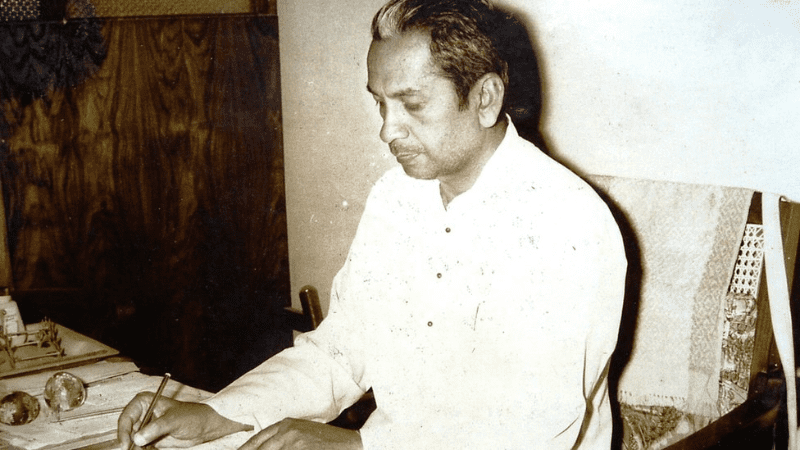

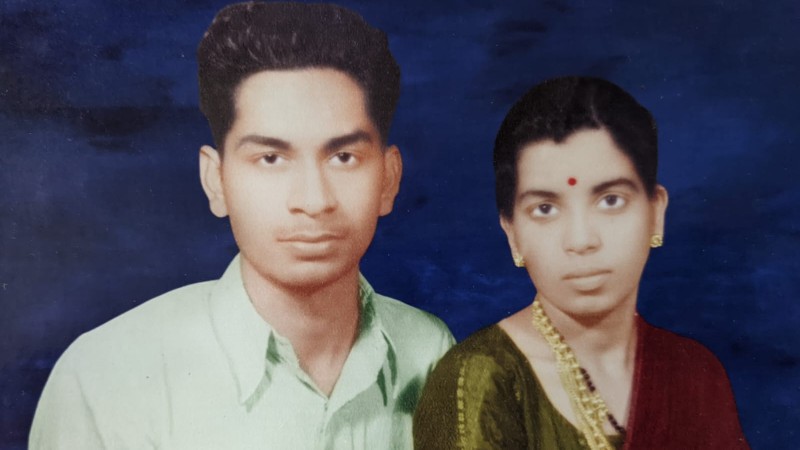
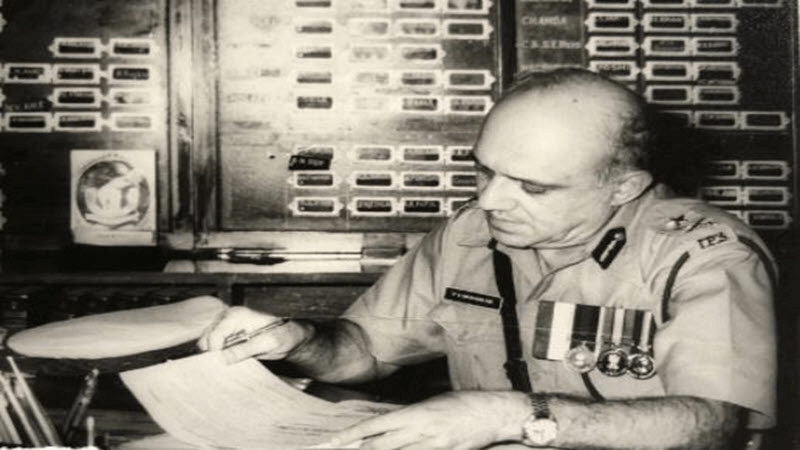
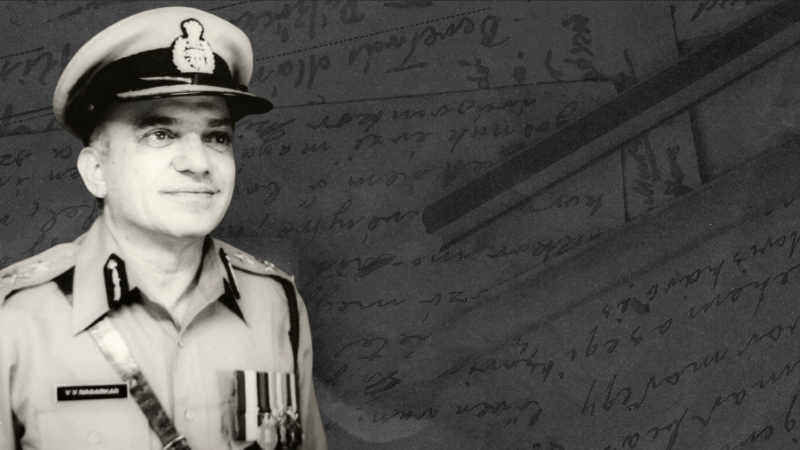
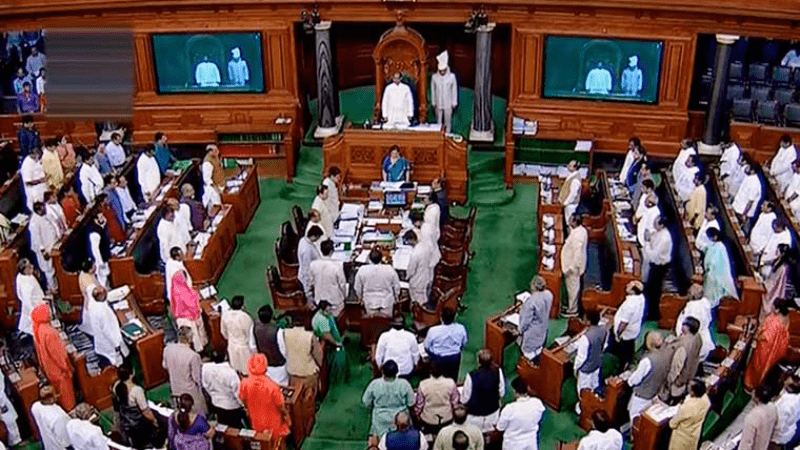
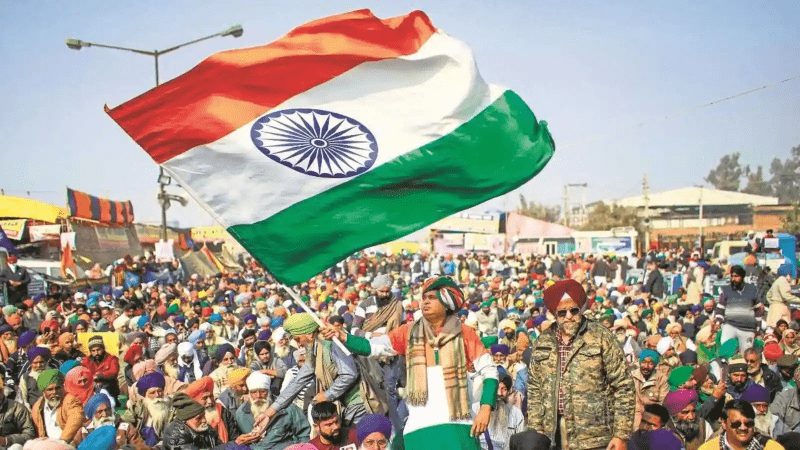


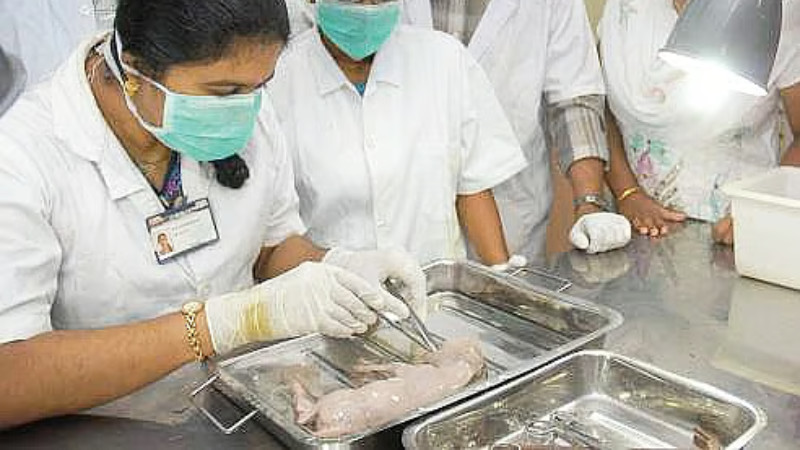
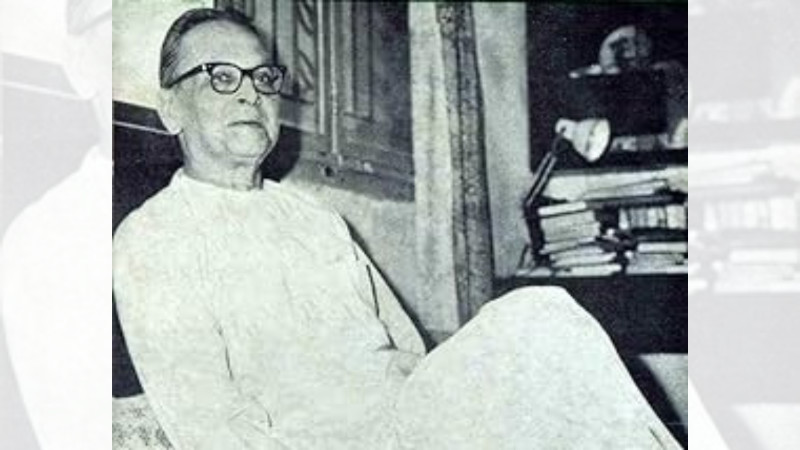
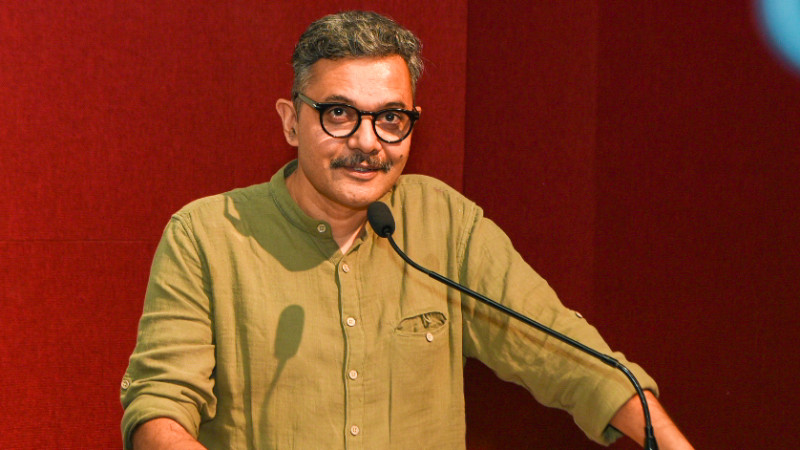
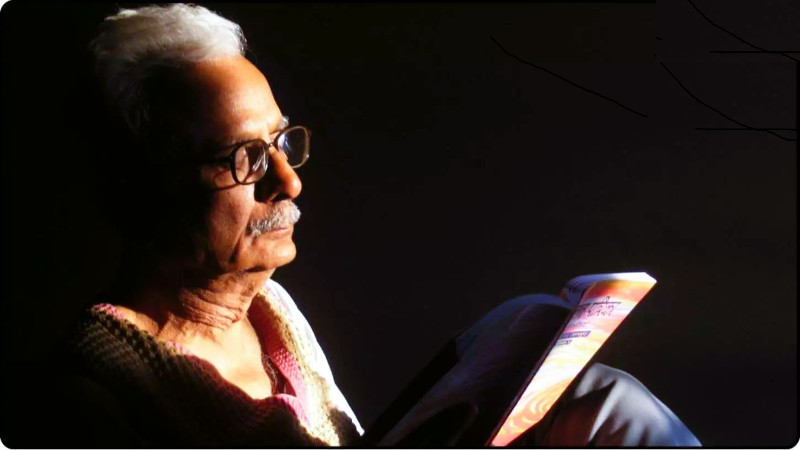
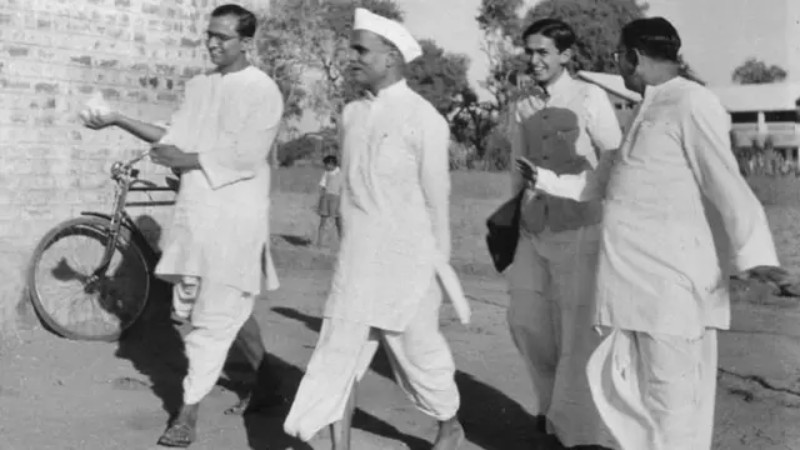
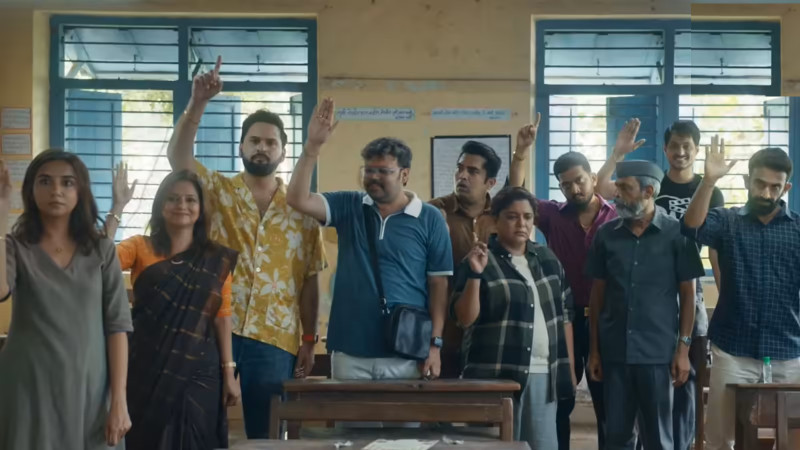
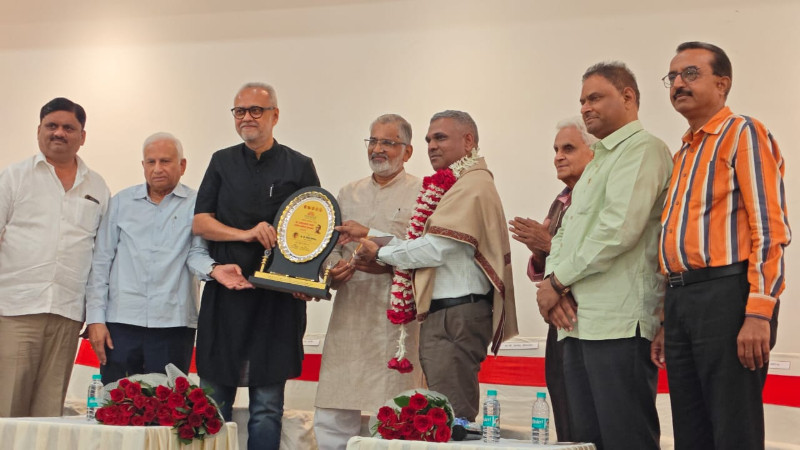
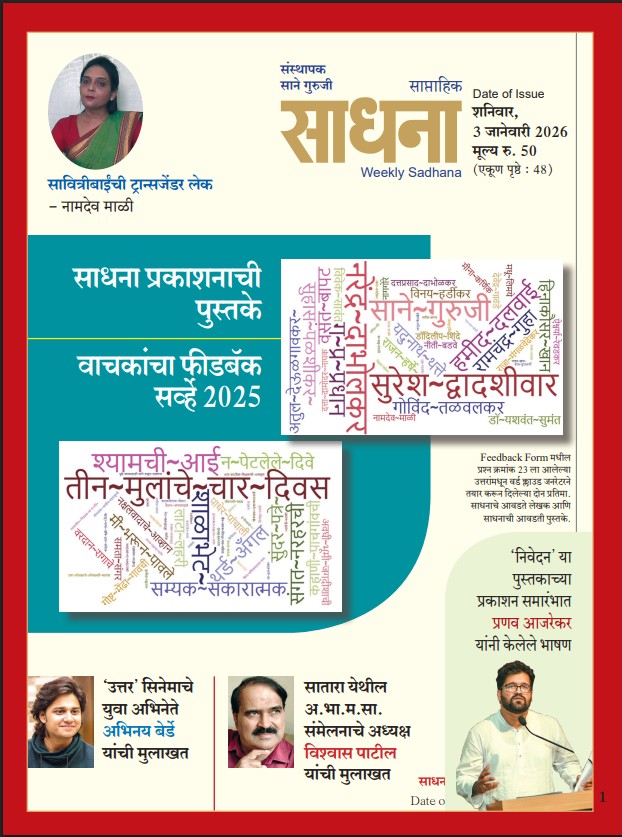













Add Comment